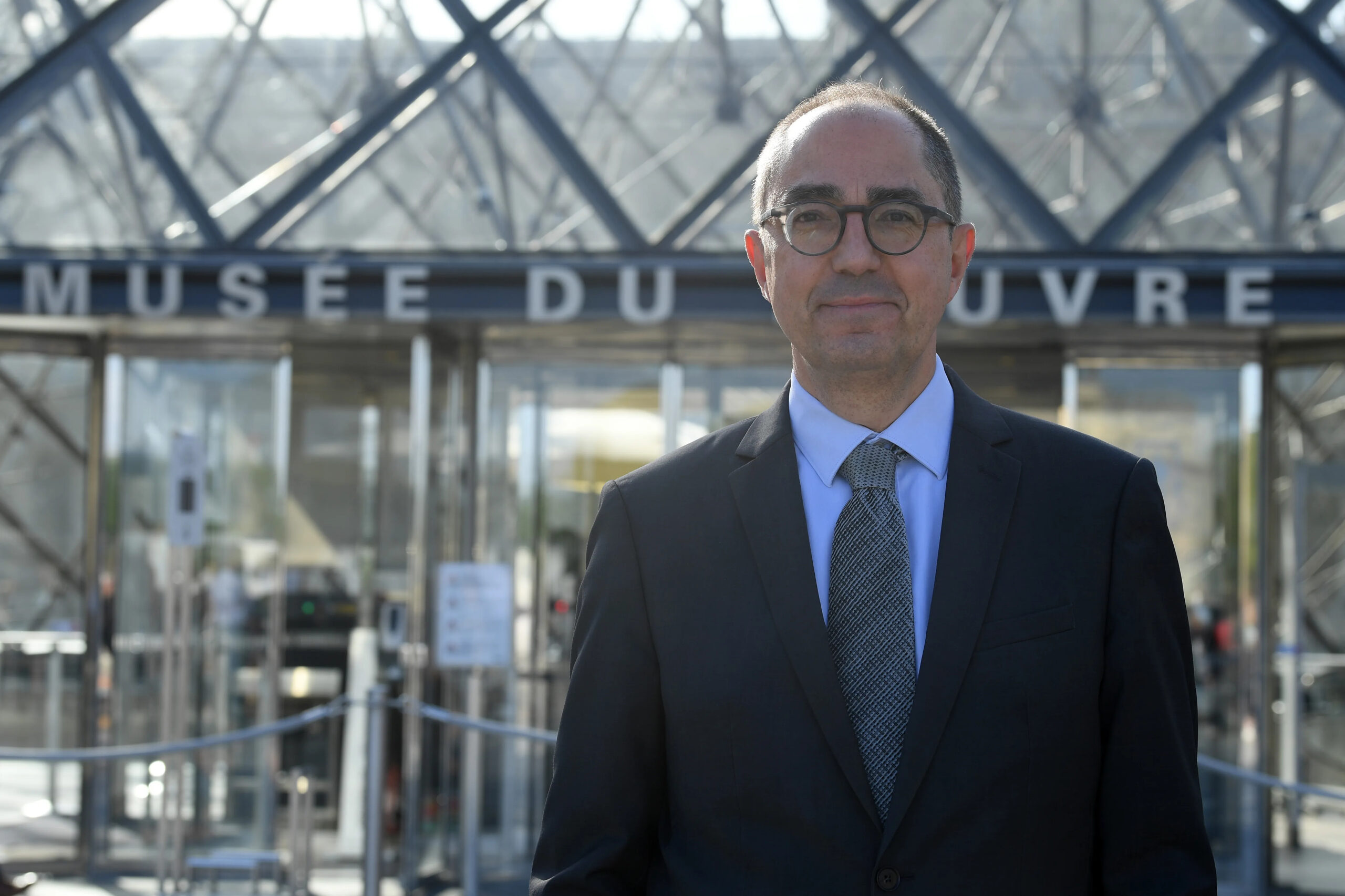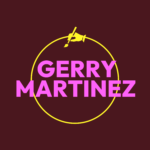
What is the Jean Luc Martinez Louvre Scandal
Jean-Luc Martinez, born on March 22, 1964, is a distinguished French archaeologist and art historian, renowned for his expertise in ancient Greek sculpture. His career reached a pinnacle when he served as the president-director of the Louvre Museum in Paris from 2013 to 2021. During his tenure, Martinez was instrumental in enhancing the museum’s global outreach, notably through the establishment of the Louvre Abu Dhabi, a collaboration between France and the United Arab Emirates aimed at creating a universal museum bridging Eastern and Western art and culture.
However, Martinez’s illustrious career faced significant challenges when he became embroiled in a scandal involving the trafficking of antiquities. In May 2022, he was taken into custody and subsequently indicted on charges of “money laundering and complicity in organized fraud.” The allegations centered on his purported failure to exercise due diligence regarding the provenance of several Egyptian antiquities acquired by the Louvre Abu Dhabi during his leadership. These artifacts, including a pink granite stele inscribed with Pharaoh Tutankhamun’s name, were later suspected to have been illicitly obtained.
The controversy intensified as investigations revealed that the antiquities in question had been sold to the Louvre Abu Dhabi for approximately €40 million by French dealer Christophe Kunicki. Kunicki was previously implicated in the sale of a golden sarcophagus to the Metropolitan Museum of Art in New York, which was returned to Egypt in 2019 after it was discovered to have been stolen during the 2011 Egyptian revolution. The unfolding scandal cast a shadow over the reputations of both the Louvre in Paris and its Abu Dhabi counterpart, raising concerns about the efficacy of their acquisition processes and the due diligence exercised in verifying the provenance of artifacts. The Art Newspaper
In response to the allegations, Martinez has steadfastly denied any wrongdoing. He contends that the organizational structures in place, particularly the France Muséums Agency responsible for overseeing acquisitions for the Louvre Abu Dhabi, were inadequate in detecting the forgeries. Martinez argues that verifying the authenticity of provenance documents was beyond his direct remit and that the falsified documents accompanying the artifacts were sophisticated enough to evade immediate detection. He emphasizes that the fraudulent nature of these documents was only uncovered after extensive investigations, notably those prompted by the Metropolitan Museum’s case in the United States.
The legal proceedings have been complex and protracted. In November 2022, the Attorney General of the Paris Court of Appeal recommended the annulment of Martinez’s indictment. However, the Court of Appeal upheld the charges in February 2023, a decision later confirmed by the Court of Cassation, despite the prosecution’s request for annulment. These developments have not only impacted Martinez personally but have also prompted the Louvre Museum to take measures to protect its reputation. The institution has sought to be recognized as a civil party in the case, aiming to access evidence and assert its status as a victim of fraud. This move underscores the museum’s commitment to transparency and its determination to distance itself from the scandal. Artnet News
The implications of this scandal extend beyond individual culpability, highlighting systemic issues within the art world related to the trafficking of cultural heritage. The case has drawn attention to the necessity for rigorous provenance research and the establishment of robust mechanisms to prevent the circulation of illicit artifacts. It has also sparked a broader discourse on the responsibilities of cultural institutions in safeguarding heritage and the ethical considerations inherent in art acquisitions.
The allegations against Jean-Luc Martinez and the subsequent legal proceedings have cast a spotlight on the challenges faced by major cultural institutions in preventing the infiltration of illicit antiquities into their collections. The case underscores the imperative for enhanced due diligence, transparency, and accountability within the art world to preserve the integrity of cultural heritage and prevent the perpetuation of illicit trafficking networks.
Photo Pascal Le Segretain/Getty Images





